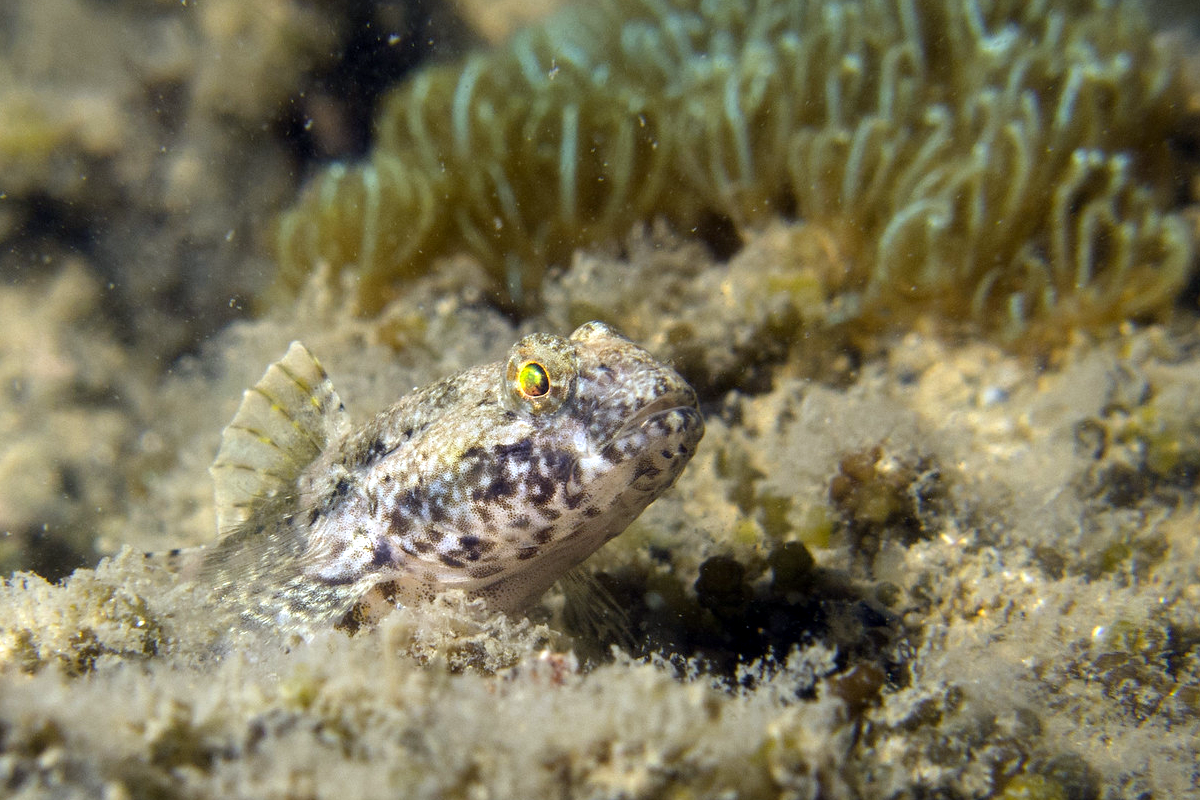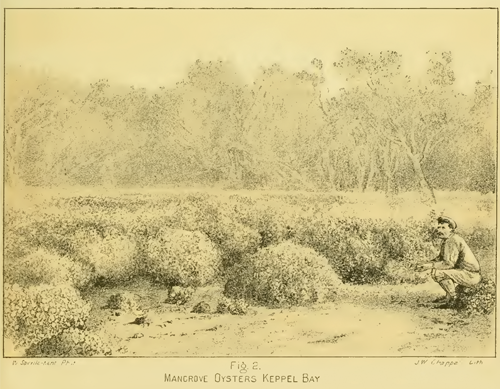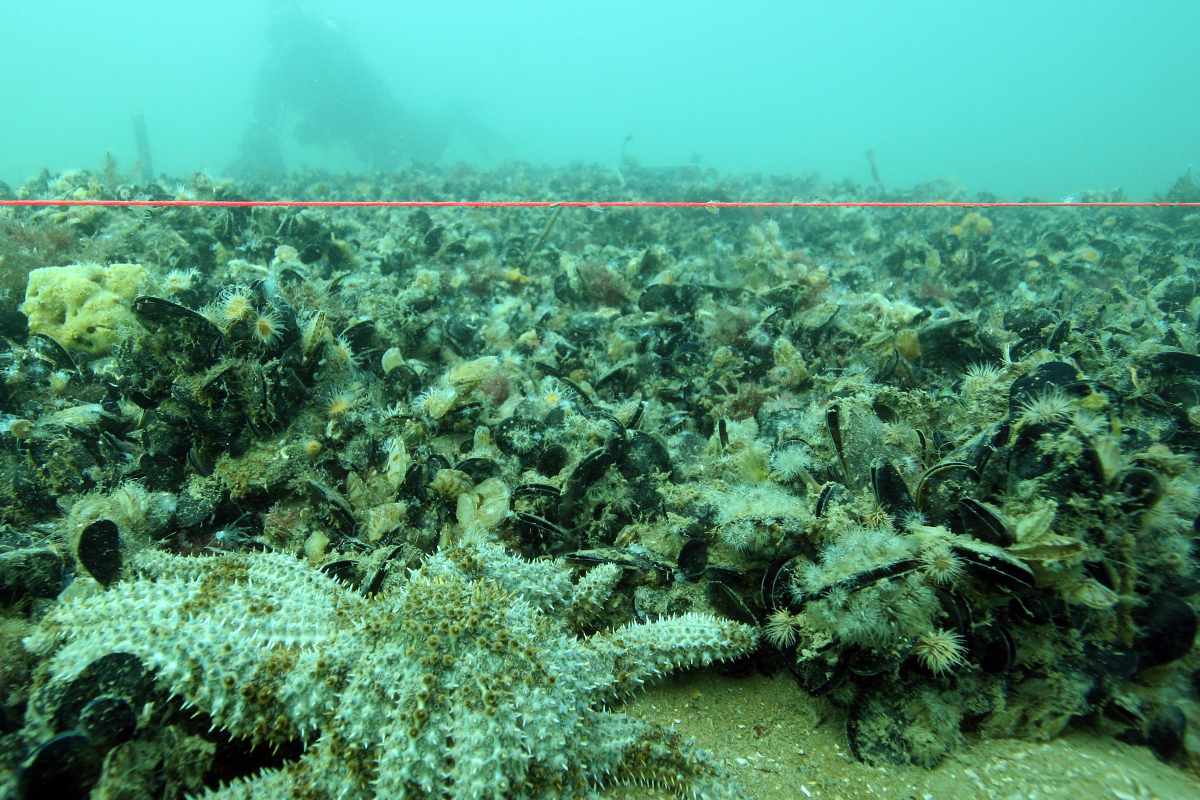November 25, 2020

A Marine Biodiversity Hub project that has provided a knowledge-base for restoring a near-extinct marine ecosystem last night won the Eureka Prize for Applied Environmental Research.
Project partners The Nature Conservancy, James Cook University (JCU), University of Adelaide and University of Tasmania were awarded the prize for their entry ‘Rebuilding Australia’s Lost Shellfish Reefs’.
The team collaborated with Traditional Owners, industry, community groups, non-government organisations and policy-makers to review the history, status and ecology of Australia's shellfish reefs, and develop methods to rebuild them.

“Early maritime explorers such as Cook and Flinders regularly referred to extensive shellfish reefs, formed by dense aggregations of oysters and mussels,” project co-leader Dr Ian McLeod of JCU’s TropWATER said.
“These reefs, which once stretched around our southern coastline, provide food, clean water, boost fish populations and protect our shorelines.
"From early European settlement of Australia, however, vast quantities of oysters and mussels were harvested for food and as a source of lime for mortar.
“Now less than 10 per cent of shellfish reefs remain, making them one of Australia’s most endangered marine ecosystems.
“Bringing shellfish reefs back from the brink will reinstate those vital ecosystem services, benefitting the marine and coastal environments and all who rely on them."
Project co-leader, Dr Chris Gillies of The Nature Conservancy, said the project had shown that shellfish reefs could be saved from extinction, with restoration activities creating hundreds of jobs, and helping to sustain our nature-based coastal communities and industries.
Shellfish reef restoration projects underpinned by the team’s research are now happening, funded in part by the Australian Government's Relief and Recovery Fund which allocated $20 million to restore up to 13 reefs across the country in places including Albany, the Sapphire Coast, Kangaroo Island and Noosa.
A 20-hectare shellfish reef restoration at Windara reef in Gulf St Vincent, South Australia, has created a limestone reef seeded with more than seven million Australian Flat Oysters. The project is generating new opportunities for employment, aquaculture, ecotourism, recreational fishing, volunteering and community education programs.

- Log in to post comments
